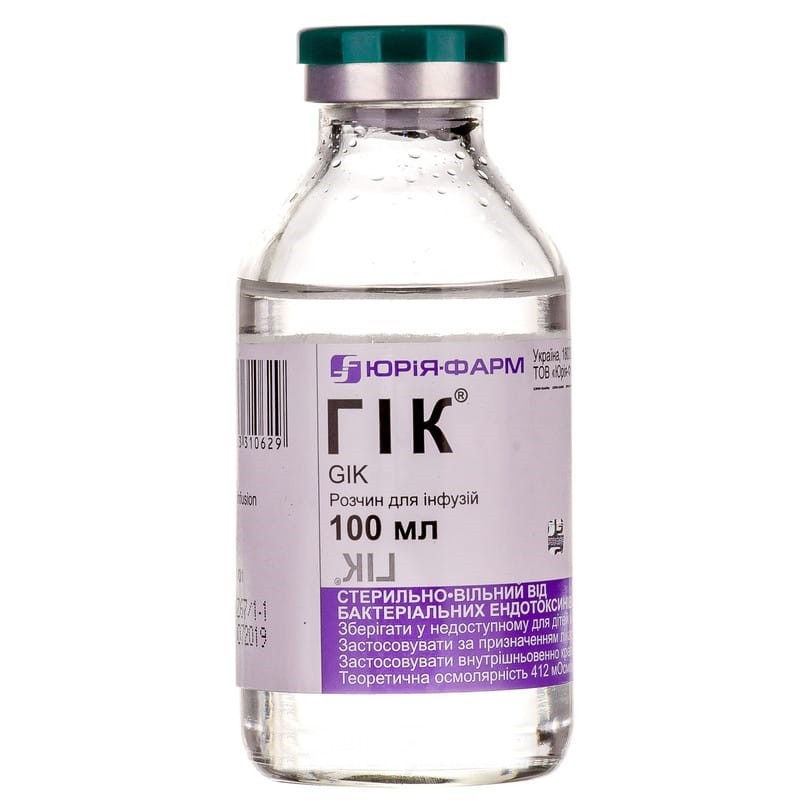



 Secure and encrypted payment processing
Secure and encrypted payment processing We ship to over 40 countries including the USA, UK, Europe, Australia and Japan
We ship to over 40 countries including the USA, UK, Europe, Australia and Japan Guaranteed refund or reship if you haven't received your order
Guaranteed refund or reship if you haven't received your orderPotassium deficiency replenishing agent. helps maintain proper intra- and extracellular potassium levels, which are the main intracellular ion that plays an important role in cellular metabolism and the regulation of various body functions. potassium ions activate many cytoplasmic enzymes, regulate intracellular osmotic pressure, increase the tone of the sympathetic part of the autonomic nervous system, increase adrenaline production by the adrenal glands, stimulate the synthesis of atph, glycogen, proteins, acetylcholine. reduce heart rate, reduce contractile activity, conduction, automatism and myocardial excitability. in low doses, potassium dilates the coronary vessels, in high doses it narrows. glucose is an easily digestible energy substrate and promotes the penetration of potassium into cardiomyocytes, increasing its intracellular concentration.
The drug eliminates electrolyte imbalance in the body, improves the metabolism in the myocardium and its energy supply, has antiarrhythmic properties. Reduces hypersensitivity to cardiac glycosides and reduces their cardiotoxic effects.
With infusion, the drug enters from the blood into the cells, in particular cardiomyocytes, in the form of potassium ions. Potassium and glucose are involved in cellular metabolism. It is excreted in the urine.
Arrhythmia due to hypokalemia, including during intoxication with cardiac glycosides. severe hypokalemia (plasma potassium concentration less than 2.5 mmol / l).
The dosage regimen is set individually under the control of ECG and potassium levels in blood plasma. as a rule, adults are prescribed 1-2 infusions per day of 200 ml (1 g in terms of potassium chloride). the rate of administration is 20-30 drops per minute.
ARF, chronic renal failure, complete heart block, hyperkalemia, metabolic disorders (acidosis, hypovolemia with hyponatremia), hyperhydration, diabetes mellitus, impaired glucose metabolism, pregnancy and lactation.
Rarely and when used in high doses - weakness, paresthesia, a paradoxical reaction in the form of an increase in the number of extrasystoles.
With caution prescribed for violation of av-conduction. it must be borne in mind that the toxicity of potassium salts increases with adrenal insufficiency.
The drug improves tolerance to cardiac glycosides, which allows, if necessary, to simultaneously enter strophanthin or digitalis preparations. with cardiac arrhythmias due to hypokalemia, insulin can be added to the infusion solution of the drug to increase the repolarization of heart cells. with simultaneous use with potassium-sparing diuretics and APF inhibitors, the level of potassium in the blood should be monitored.
For a long time, it remains asymptomatic until the concentration of potassium in the blood plasma reaches a high level (6.5–8 mmol / l). symptoms: abdominal pain, apathy, muscle weakness, paresthesia, ECG recorded an increase in the amplitude of the t wave, depression of the st segment, expansion of the qrs complex. treatment: parenteral administration of calcium preparations, symptomatic therapy aimed at maintaining vital functions, hemodialysis.
At a temperature of 5–25 ° C.